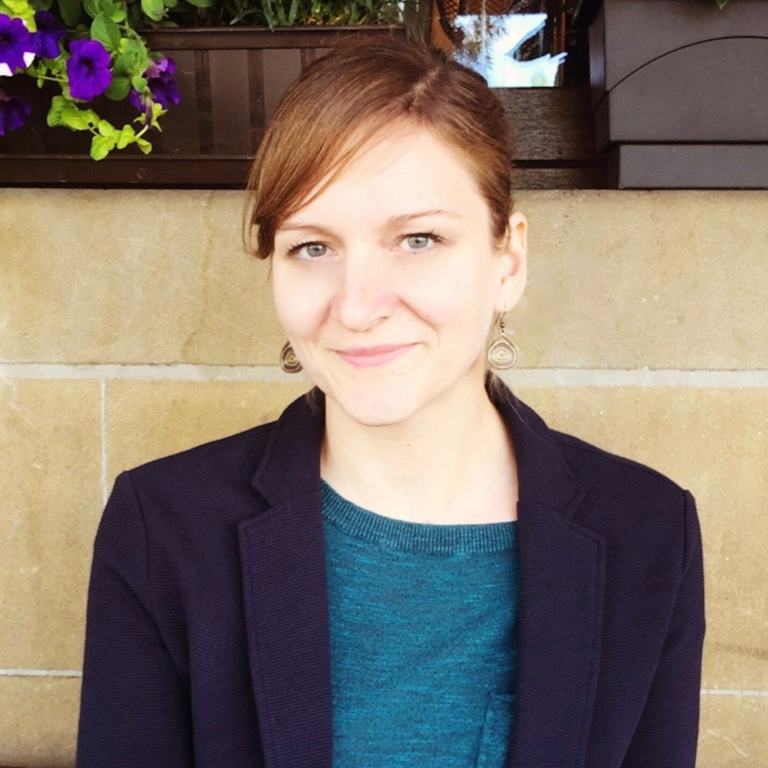Dorit Kliemann, PhD
My research focuses on how the brain compensates and re-organizes in psychiatric (e.g., autism) and neurological disorders (e.g., hemispherectomy) within the context of social cognition. How does variation in brain structure and function lead to intact or impaired social cognition? How can we use insights from neuroimaging to better understand the neurobiology underlying psychological mechanisms? To address these questions, I use a multimodal approach (including behavioral, eye-tracking, lesion studies, structural and functional MRI) to study brain-cognition-behavior relations that ultimately produce complex (social) cognition. My previous work has focused on how individuals process social information in typical development and neurodevelopmental disorders, with a focus on autism. I have made key contributions to improving both psychological and neurobiological measurements relevant to social cognition: I developed and applied naturalistic behavioral measurements of social cognition to optimally quantify individual functioning. Additionally, I co-developed a new atlas to automatically segment amygdala nuclei from standard in-vivo neuroimaging data. In my most recent work have investigated brain function-structure-behavior relationships by studying reorganization of brain networks in rare patients with neurological disorders.
